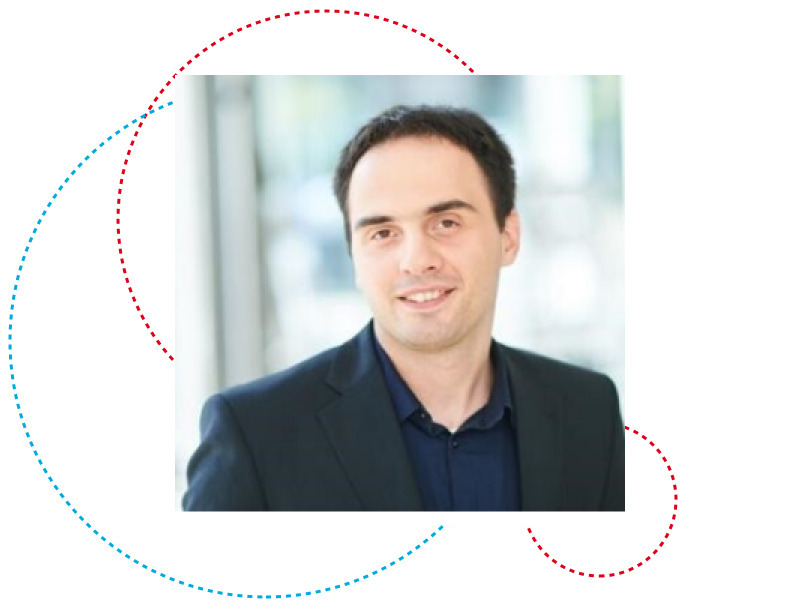Recent developments in molecular genetics have enabled affordable and highly accurate sequencing of the entire human genome. This whole-genome sequencing (WGS) makes it possible to elucidate vast amounts of medical and non-medical information about the sequenced individual. For example, through WGS, a person may learn that they have a genetic predisposition to developing specific heritable disorders, may react to certain medical interventions in a unique way, or are at risk of conceiving a child with a recessive genetic disease. Additionally, WGS may yield non-medical information, including insights into an individual’s ancestry, familial relationships, and traits such as predisposition to baldness.
Given the variety of information that can be revealed by WGS, soliciting an ethically and legally valid informed consent for WGS poses significant challenges. The principal difficulty lies in ensuring that individuals undergoing WGS have an adequate understanding of this complex procedure and are empowered to make discriminatory choices regarding what WGS results they would prefer to receive.
This talk will cover various forms of informed consent that have been used in the context of genomics, ranging from highly specific to generic or blanket consent models. It will also discuss differences in conceptualizing informed consent between ethical and legal frameworks. Finally, it will touch upon relevant recent developments around informed consent in WGS and outline promising areas for the foreseeable future.
Davit Chokoshvili is Regulatory Affairs and Bioethics Manager at Megeno, a Luxembourg-based biotechnology company enabling genome-informed preventive medicine and health maintenance. Davit’s main area of expertise is ethical, legal, and social issues (ELSI) in genetics. From 2013 to 2019, Davit had been affiliated with the Centre for Biomedical Ethics and Law at the University of Leuven (KU Leuven), Belgium, where he carried out his doctoral research and subsequently held a post-doctoral research position. His PhD, obtained from KU Leuven in June 2018, focused on the implementation of reproductive genetic testing in the public health context. Davit has also worked on research projects around ELSI topics such as informed consent in genetic testing and research, biobanking, consumer genomics/direct-to-consumer genetic testing, and public health genomics. Previously, Davit had studied bioethics, social sciences, and followed graduate training in applied biotechnology.
